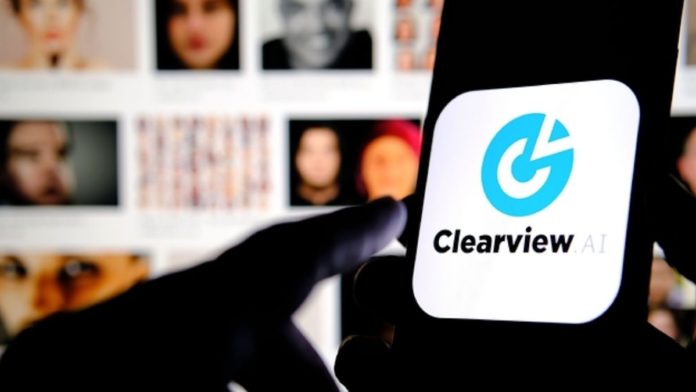By the end of the year, Clearview AI expects to have a database of 100 billion facial photos. According to a financial presentation obtained by The Washington Post from a facial recognition platform, the database aims to help in identifying everybody in the world. Currently, Clearview adds about 1.5 billion images to its database every month on average.
Clearview stated in this presentation that it already has 11 times more facial recognition data than any government or non-government establishment. The fact that Clearview claims to have over 3,000 security and law enforcement customers in the US, including the FBI and ICE, is more frightening. This 100 billion image Clearview AI database will contain 14 photographs for each of the world’s 7 billion individuals and will be used to power a surveillance system that has been adopted by thousands of law enforcement and government agencies throughout the world for prosecutions and criminal investigations.
The company now wants to expand its software to monitor workers in the gig economy. Clearview is also working on technology that will allow it to identify people based on their gait, detect their whereabouts from a photo, and get fingerprint data from afar. The 55-page document was created with the intention of raising funds for Clearview’s ambitions, which require US$ 50 million. These ambitions include developing new goods, expanding its worldwide sales force, and increasing its lobbying efforts to influence government leaders to adopt favorable regulations.
It is interesting to note that while Clearview AI is caught in a muddle of data breaches and anti-privacy affairs, the company’s solutions are still being actively used in many parts of the world. In January the company was awarded a U.S. patent for its unique facial recognition capability that has performed nearly flawlessly in the recent National Institute of Standards & Technology (NIST) Facial Recognition Vendor Test (FRVT). This recognition comes almost a month after Clearview received “notice of allowance” on December 1 from the US Patents and Trademarks Office, implying that the patent will be awarded once the organization pays the required administrative costs. Furthermore, privacy advocates have expressed concerns that patenting Clearview’s work could hasten the adoption of these technologies before legislators and regulators have properly addressed the risks.
In simpler words, Clearview married web-crawling tactics with developments in machine learning that increased facial recognition, as well as a contempt for human privacy, to produce a remarkably powerful tool that continues to stoke new outrage every day. Twitter issued a cease and desist letter to the startup in early 2020, requesting that all collected data be deleted, followed by similar requests from YouTube and Facebook.
Clearview was sued by the ACLU in Illinois for violating legislation that prohibits the gathering of biometric data, and the corporation is also facing class-action lawsuits in New York and California. In February 2021, the Office of the Privacy Commissioner of Canada found that Clearview AI had broken Canadian privacy regulations by collecting images of Canadians without their knowledge or permission. Clearview AI was reprimanded by Australia in November for violating national privacy regulations by secretly collecting residents’ facial biometrics and incorporating them into their AI-powered identity matching service.
Read More: China releases Guidelines on AI ethics, focusing on User data control
Despite being knee-deep in lawsuits and controversies, Clearview AI is now on a mission to sign deals in Panama and Costa Rica and pursue other projects in Mexico, Colombia, and Brazil. These events only point out that there are customers who are still feeding off the solutions offered by Clearview AI in their ‘law enforcement units’, without any regard for user consent and cognition. While the company continues to assert that its technology has not led to any wrongful arrest, concrete administrative action against it still remains at large – all the price of user privacy.


